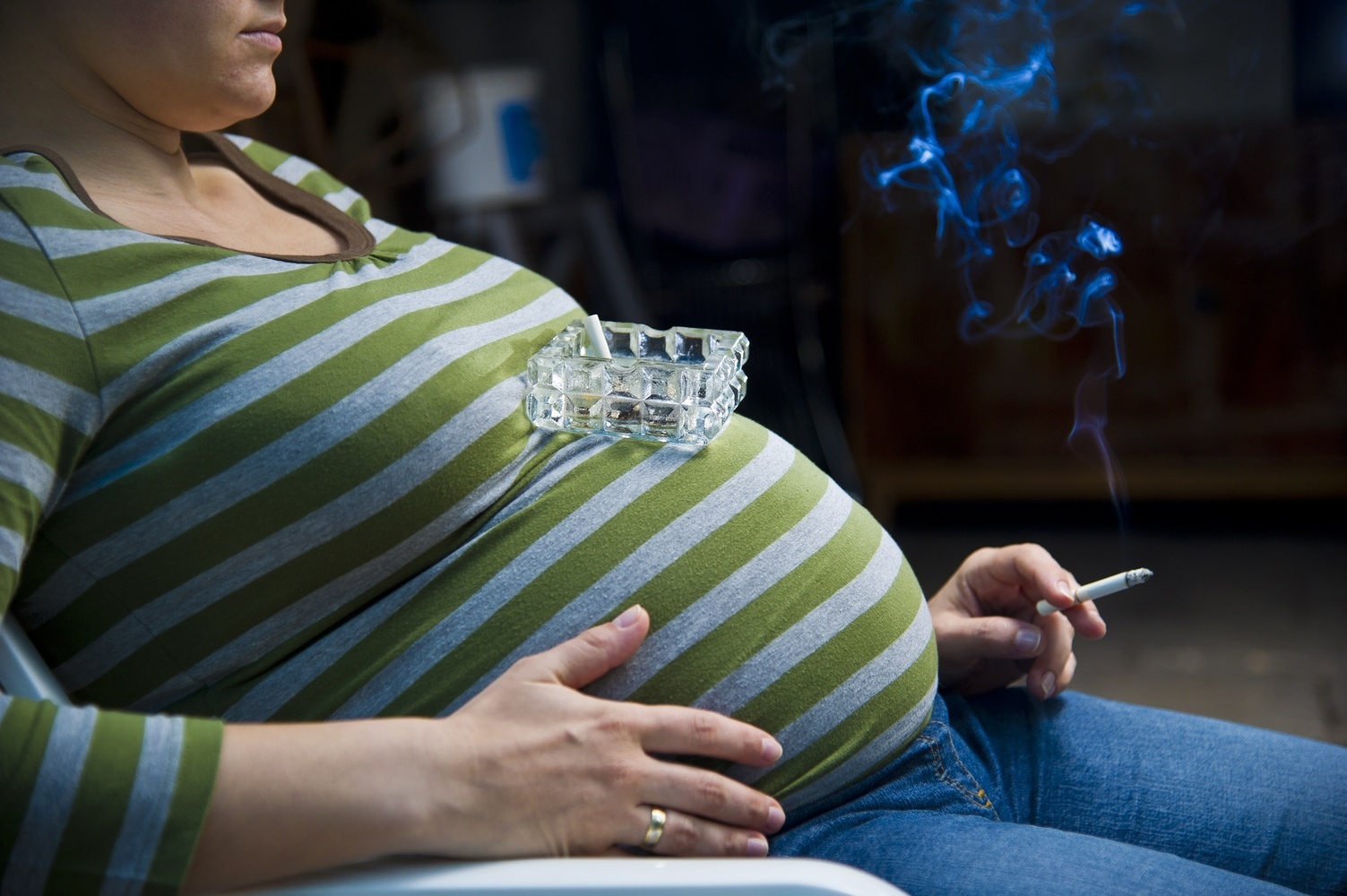Five Complicated Risks Of Smoking During Pregnancy
Five complicated risks of smoking during pregnancy
Smoking and pregnancy aren’t words that people tend to say together in one sentence. Smoking during pregnancy put both the pregnant woman and her baby at risk. Cigarettes are full of toxic and harmful chemicals like carbon monoxide, tar, nicotine, etc. The risks of the complications that are associated with pregnancy significantly increase because of smoking. Some of these complications can prove to be fatal for both the mother and the child.

If one wants to conceive, one of their primary priorities must be to quit the habit of smoking. Smoking can also be one of the reasons why one is not able to conceive in the first place. The health of the unborn baby is adversely affected due to smoking even in the first trimester. Also, both males and females who smoke are likely to have double the issues that are associated with fertility as compared to the ones who don’t smoke. Also, secondhand smoking is dangerous during pregnancy as well.
The risk of miscarriage and stillbirth
At any stage during pregnancy, the unexpected loss of a child is a painful and tragic event. Normally, most miscarriages occur in the time frame of the first three months of pregnancy. In some rare cases, it may occur after 20 weeks of gestation as well. This is known as a stillbirth. Smoking during pregnancy tends to increase the risk of both miscarriages as well as stillbirth. The harmful and toxic chemicals that cigarettes contain are often blamed for the same. Problems with the placenta or slow development of the fetus are other risks that are associated with smoking. These pregnancy complications may also lead to miscarriage and stillbirth.
The risk of placental abruption
The placenta provides the fetus with oxygen and various nutrients. It is the structure of lifeline that is formed during pregnancy. There are severe complications that are linked to the placenta increase when one has the habit of smoking. One of the complications is placental abruption. In this condition, the placenta separates from the uterus before the birth of the child. This can cause severe bleeding and the life of both; the pregnant women and her child is threatened because of it. No treatments or surgeries can help reattach the placenta to the uterus. Despite placental abruption, the way to increase the chances of a healthy birth is to seek medical attention immediately.
The risk of preterm birth
Smoking during pregnancy can lead to a baby being born too early also known as preterm birth. The risk factors that are associated with preterm birth are numerous and may include mental disability, severe complications that may result in death, visual and hearing impairments, and behavioral or learning problems.
The risk of ectopic pregnancy
A study concludes that nicotine can cause contractions in the fallopian tubes. These contractions may prevent an embryo from passing through. This may result in an ectopic pregnancy. This happens when the egg that is fertilized is implanted outside the uterus, in the abdomen or fallopian tube. In the case of ectopic pregnancy, the embryo needs to be removed in order to avoid any life-threatening complications to the mother.
Risk of birth defects
The risks of a child being born with birth defects increases due to smoking during pregnancy. Some of the common types of problems one may face are problems with the heart structure and congenital heart defects. Other hearts issues that may be caused due to smoking during pregnancy are cleft palate and cleft lip. Even though some women are aware of the risks and complications that smoking during pregnancy causes, they find it difficult to quit.
It is necessary to seek professional counseling, join a support group, or make use of other resources available to quit smoking. To quit smoking is the only way to avoid the complications that are associated with smoking during pregnancy.















